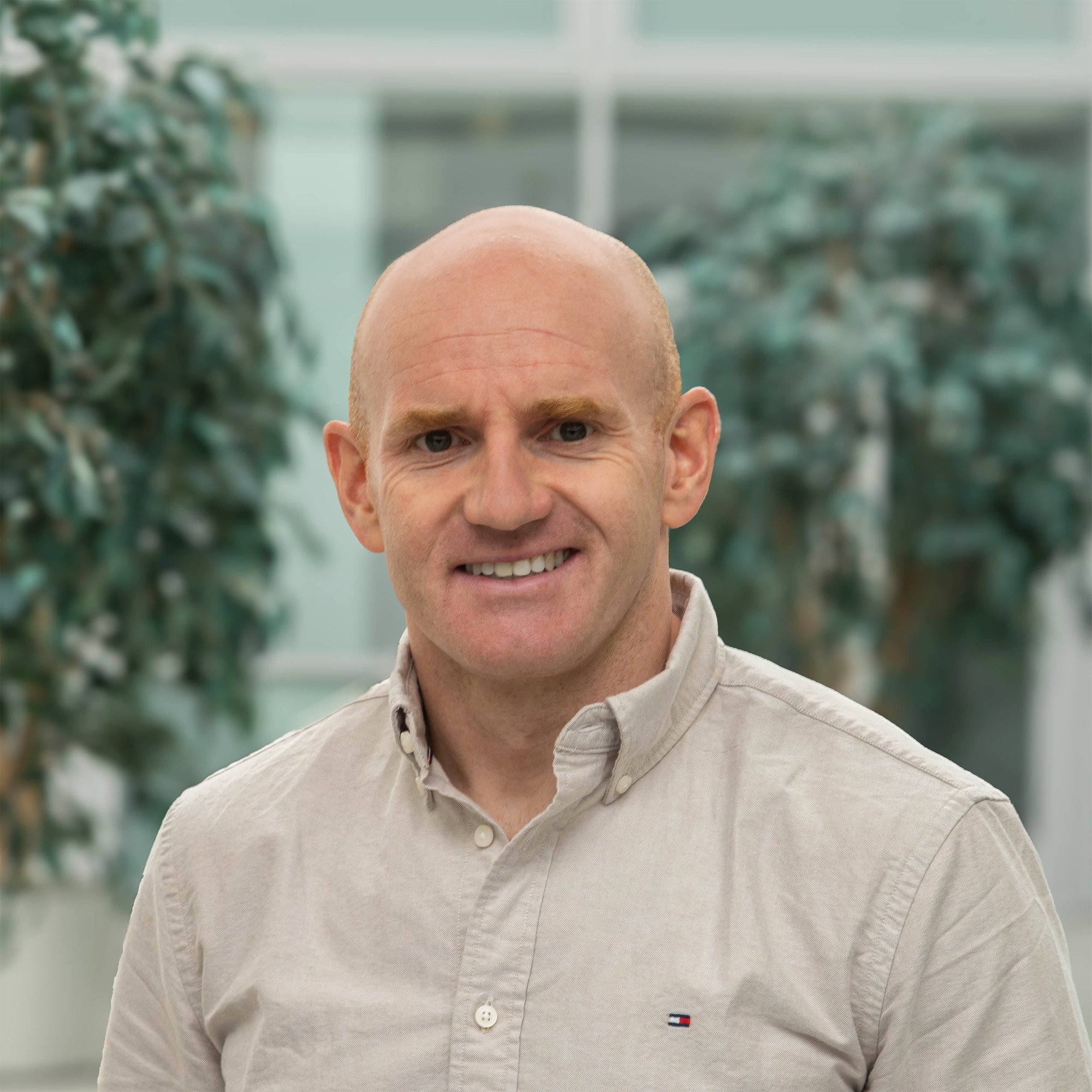
Dr. Ross Hamilton
Sports Physiologist
Ross Hamilton is a Sports Physiologist at Atlantia Clinical Trials. For over ten years, he has worked with both elite and emerging athletes, helping them reach performance goals through research-led, evidence-based practice. His main areas of focus include continuous glucose monitoring (CGM), endurance physiology, and applied sport science, built on experience that spans academic research, high-performance sport, and industry collaboration.
At Atlantia, Ross contributes to the design and delivery of studies that look at how the body responds to training, recovery, and changes in metabolism. His background allows him to connect scientific theory with the everyday demands of athletes and health-focused populations alike.
He takes a practical approach to science, one that values accuracy and detail but keeps the end user in mind. Whether working on performance testing, health technology, or applied research, Ross aims to produce results that genuinely deepen our understanding of human physiology and drive innovation in sport and health.
Background & Credentials
Expertise & Specialization
- Continuous Glucose Monitoring (CGM)
- Endurance and Metabolic Physiology
- Applied Performance Testing and Data Interpretation
- Research Design and Analysis
- Athlete Monitoring and Recovery Strategies
Education & Training
- PhD Candidate in Sport and Exercise Physiology, Swansea University
- MSc in Exercise Physiology, Trinity College Dublin
- MA in Natural Science (Geography), Trinity College Dublin
Certifications
- NSCA Certified Strength and Conditioning Specialist (CSCS, RSCC)
- Ironman Certified Coach
- REPs Level 4 Personal Trainer
- British Weightlifting Level 1
Years of Experience
- Over 10 years in applied sport science and human performance research
Experience
Total Years of Experience: Over 10 years in applied sport science and human performance research
Awards & Recognition:
- Received Distinction in MSc Exercise Physiology, Trinity College Dublin.
- European Aquabike Champion (2024).
-
World Aquabike No. 1 ranked athlete (2023).
Career Journey: Ross has worked across academic, performance, and industry settings, focusing on how physiology can improve both health and performance. He has contributed to projects with Swansea University and Team Novo Nordisk, examining endurance physiology and metabolic control in elite athletes. He has also presented his findings at leading conferences, including ECSS, ACSM, and IBEC.
At Trinity College Dublin, Ross supported the university’s high-performance programmes and developed systems to strengthen athlete support and performance services. In industry, he worked on projects that combined physiological research with technology development, creating practical tools for monitoring health and performance.
Collaborations: Worked with Supersapiens, Team Novo Nordisk, and university research partners in applied physiology and glucose monitoring studies.
Key Contributions: Advanced the use of continuous glucose monitoring in sports physiology research. Published peer-reviewed work on endurance physiology and metabolic responses to exercise. Contributed to building Atlantia’s applied physiology capabilities and research innovation.
Role in the Company
As a Sports Physiologist at Atlantia Clinical Trials, Ross leads the work carried out in the Exercise Physiology Unit in Cork. He oversees study design, performance testing, and data collection, ensuring each project meets the highest scientific standards. Ross works with cross-functional teams to design studies that explore exercise, metabolism, and recovery. His role supports Atlantia’s aim to expand research in human performance, healthy ageing, and lifestyle interventions. He also contributes to the development of new testing methods and protocols that strengthen Atlantia’s capability in applied physiology and clinical research.
Key Responsibilities:
-
Lead studies within Atlantia’s Exercise Physiology Unit focused on endurance, metabolism, and recovery.
- Design and oversee testing protocols for exercise and physiological research.
- Collect, analyse, and interpret performance and metabolic data.
- Work with research teams to integrate advanced tools such as continuous glucose monitoring and metabolic analysis.
- Support studies that link exercise and nutrition with healthy ageing.
